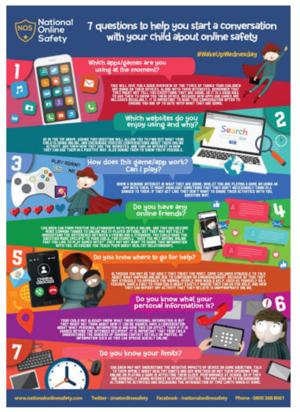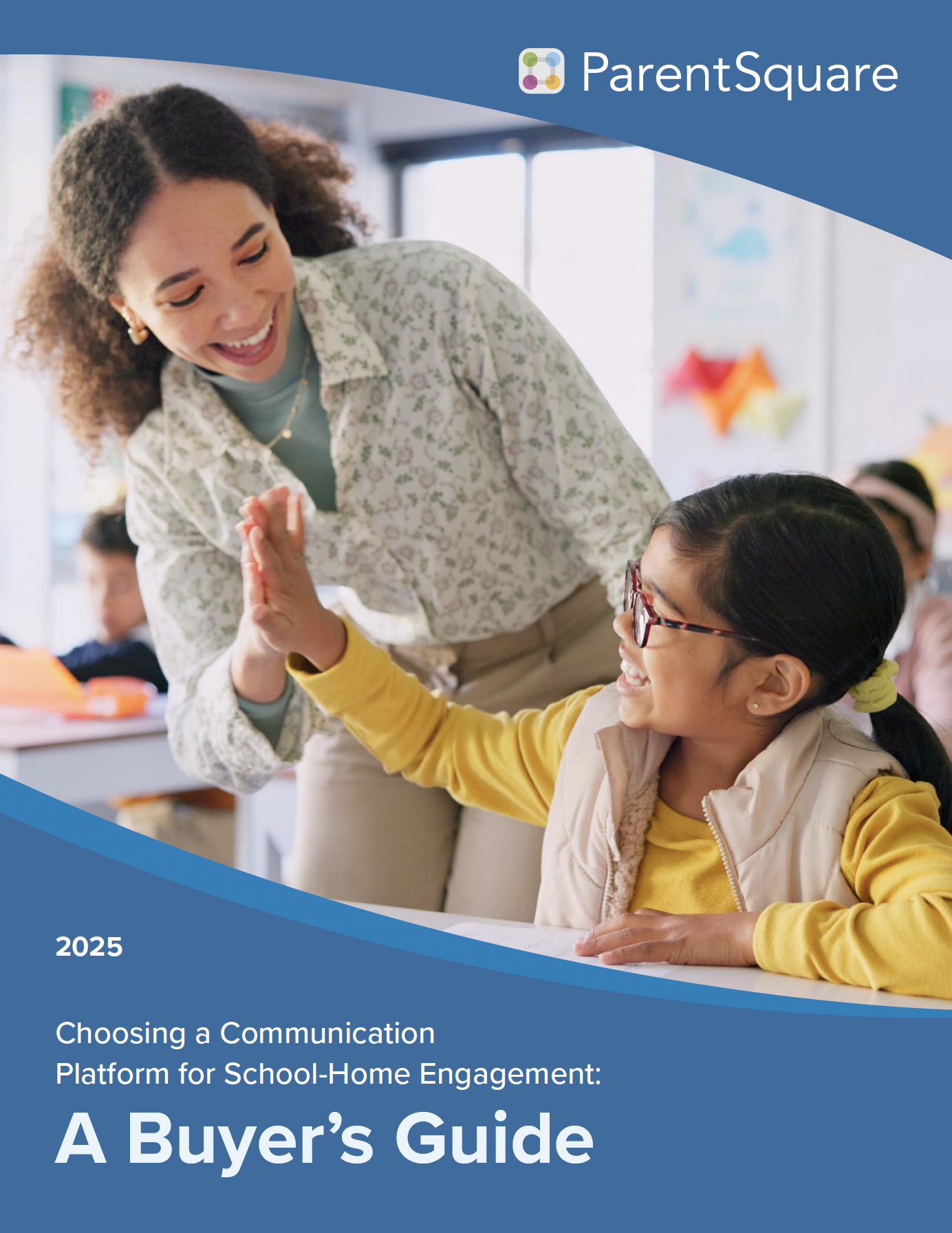This post originally appeared on our ParentSquare Learning Network blog on November 21, 2019.
Guest Post by Kimberly Tumambing — Executive Assistant at Gorman Learning Charter Network

I’m 32. When I was younger, Walkmans and handheld game consoles were all the rage. The Internet was just making itself known and online communications were clunky at best. Today, my nieces, ages 9 and 14, have been vlogging on YouTube since they were old enough to hold an iPhone. How do parents, who are still learning to use technology, teach their children about Digital Citizenship?
My school’s answer: we train the parents on what being a good digital citizen looks like and how it can affect their student’s future.
Our students are growing up as citizens of the physical world and the digital one. They have a presence on the Internet that reaches thousands of people, spans multiple countries, and exists long after they “delete” the evidence. This is Digital Citizenship. How do we make sure parents are informed?
A great way to communicate with families at your school is to make the information small and palatable. This topic is huge! It covers everything from YouTube to Facebook, to TikTok, to Discord, and so much more. If students are looking to watch it, create it, share it, talk about it, or participate in it — there is literally an app for whatever “it” is.
One strategy that has really worked for our school has been multiple posts, over the course of a few weeks to a month, that break down Cyber Security, Digital Citizenship, and different applications.
Our school used Facebook and ParentSquare to launch a campaign to provide parents with information and helpful links to resources.
Teach Parents Safe Practices
Cyber Security posts informed parents about things like location sharing and tracking, bullying, and Internet controls. These posts were paired with posts about popular video games and applications where chat rooms are easy for students to access. A great website for you to reference is National Online Safety. This organization has great handouts that outline what the app or game is, the risk to students, and how parents can help students safely enjoy their experiences. Personally, I attach handouts to everything. This gives parents something to keep so they can reference back to it at any time.
Express the Importance of Being Thoughtful About Your Digital Footprint
Common Sense Media is a great resource to share with parents. This organization does in-depth reviews and information on websites, applications, games and more. I also paired these posts with information about what future employers and colleges are looking at online. It’s important for parents to understand that the “funny” photo of their child streaking at a family reunion, is not funny to a college athletic club. Colleges and Universities are looking at the digital footprint a student has left. Sure, the student posted that photo when they were 12. But they will pay for it when they are 18.
Employers are the same way. Even if they aren’t supposed to look someone up on Facebook before hiring them, they will. There is no way to police or monitor what an employer is looking at. So it is better to train students at a young age to be respectful online and educate them on what they should avoid posting now that will affect their future selves.
Parent Courses!
If your school is really looking for a great way to help parents, consider opening a Cyber Civics course. There are a lot of great curriculums already out there for your schools to use. Cyber Civics by CyberWise is a great curriculum based in California. Also, the federal government has partnered with Common Sense Media to create a national curriculum. National Online Safety has their own curriculum for Cyber Civics as well.
Remember, Keep It Simple
Give parents the information they need a little at a time so they have time to learn it. Treat your online communications like a classroom for parents and teach one concept at a time. Then give them links to resources and handouts they can keep for refreshers. If you are truly looking for a way to improve your students digital citizenship, then teach their parents.
Here are some example posts I sent to parents via ParentSquare.


Here are some helpful handouts I send as attachments to parents.










